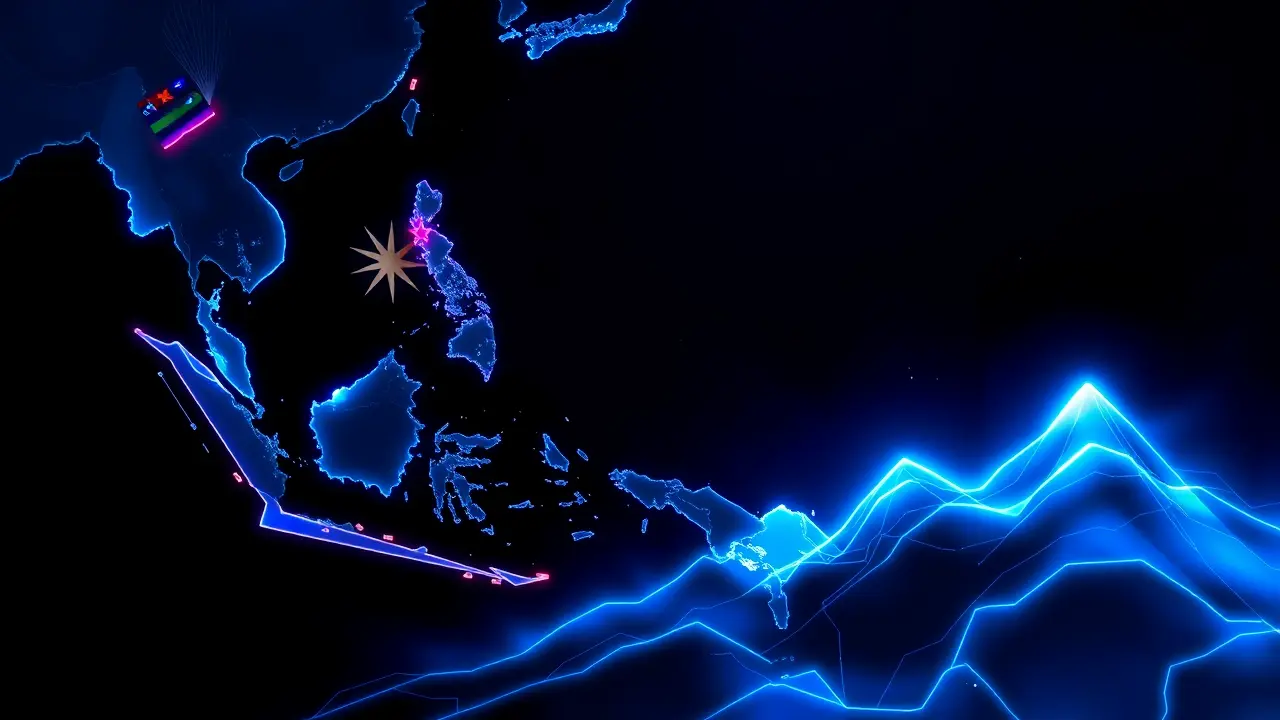
PoliticsdiplomacyBilateral Relations
Japanese PM calls potential Taiwan invasion an existential threat.
RO
Robert Hayes
5 hours ago7 min read2 comments
In a declaration that has sent ripples through the diplomatic corridors of Asia and beyond, the Japanese Prime Minister has framed a potential military invasion of Taiwan as nothing less than an existential threat to his nation's security. This is not merely political posturing; it is a stark recognition of the new strategic reality taking shape in the Indo-Pacific.For decades, the status quo across the Taiwan Strait has been a delicate, if tense, equilibrium, underpinned by Washington's strategic ambiguity and Beijing's patient, though unwavering, insistence on eventual reunification, by force if necessary. The Prime Minister’s statement, therefore, represents a significant and calculated escalation in rhetoric, moving the discussion from abstract regional concern to a matter of direct national survival for Japan.The historical parallels are both profound and unsettling. One cannot help but recall the geopolitical chessboards of the early 20th century, where the ambitions of rising powers redrew the map of continents and plunged the world into conflict.Today, the South China Sea and the Taiwan Strait are the modern equivalents of those historical flashpoints. China's massive military modernization, its construction of artificial islands, and its increasingly assertive air and naval patrols are actions reminiscent of a power testing the limits of the established international order, much as other nations have done before periods of great upheaval.For Japan, an archipelago nation dependent on sea lanes for its economic lifeblood, a conflict over Taiwan is not a distant contingency. It is a direct threat to its territorial integrity and economic security, with the potential to sever critical supply lines and draw it into a conflict not of its choosing.The specter of a forced unification of Taiwan by the People's Liberation Army would immediately challenge the very foundation of the US-Japan security treaty, potentially pulling American forces stationed in Japan into a direct confrontation with a nuclear-armed peer adversary. The Prime Minister’s words are a clear signal to both Beijing and Washington: Japan will not be a passive bystander.This is a nation that has learned the hard lessons of history, and its pacifist constitution, born from the ashes of the Second World War, is now being reinterpreted to meet the challenges of the 21st century. The consequences of this rhetorical shift are manifold.It solidifies a growing coalition of democratic nations, including Australia and India, who view Chinese hegemony with deep apprehension. It also raises the stakes immeasurably, transforming a cross-strait dispute into a potential trigger for a broader regional conflagration.Expert commentary from security analysts suggests that while this language is intended as a deterrent, it also narrows the room for diplomatic maneuvering, creating a dynamic where any significant military move by China could be perceived as a casus belli for a Japanese response. The path forward is fraught with peril, demanding a statesmanship that is both resolute and wise, capable of defending principles without precipitating the very catastrophe all sides claim to wish to avoid.
#Japan
#China
#Taiwan
#territorial dispute
#military threat
#diplomacy
#featured
Stay Informed. Act Smarter.
Get weekly highlights, major headlines, and expert insights — then put your knowledge to work in our live prediction markets.
Related News
© 2025 Outpoll Service LTD. All rights reserved.














